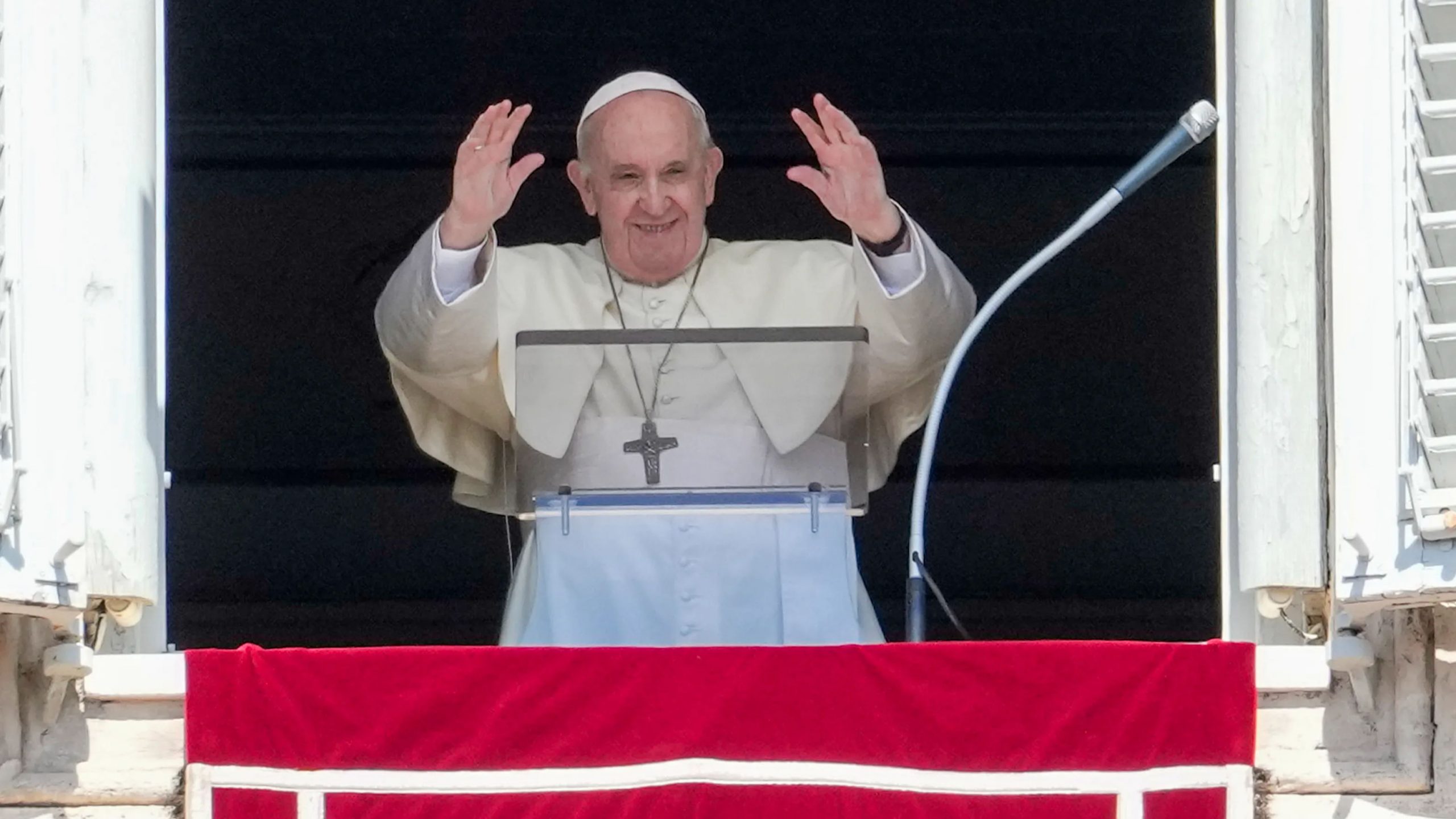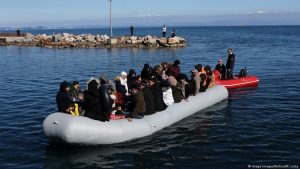Pope Francis, the head of the Catholic Church and the sovereign
of Vatican City, asked countries across the world to welcome Afghan refugees
who are fleeing Afghanistan after the country’s reigns fell to the Taliban.
During his St. Peter’s Square address on Sunday, Pope Francis said, “In these tumultuous
moments, in which Afghans are seeking refuge, I pray for the most vulnerable
among them, I pray so that many countries welcome and protect all those seeking
a new life.”
Also Read | Afghan crisis: Criticising West, Pope misattributes Putin quote to Merkel
Without referring to the Taliban or their regime, the Pope said,
“May young Afghans receive an education, which is essential for human
development, and may all Afghans, whether at home, in transit, or in host
countries live with dignity, in peace and fraternity with their neighbours.”
The Taliban, a hardcore militant Islamist group, captured power
in Afghanistan on August 15. Since then, thousands of Afghans have either fled
or have tried to flee the country in fear of a return to the ‘dark days’ when
Taliban ruled Afghanistan from 1996 to 2001.
Taliban’s reign in Afghanistan was characterised by a brutal
suppression of civil liberties, curbs placed on women, their right to work,
pursue an education and even venture outside the house alone, and a ban on
cinema and music and all things that the Islamist group considered ‘western’.
Also Read | Pope urges for peace talks in Afghanistan after Taliban takeover
In Sunday’s address, Pope Francis said that he also prays for
internally displaced Afghans “that they may have assistance and necessary
protection”.
A few days ago, one of Pope Francis’ comments on Afghanistan had
landed into controversy, when the Pope mistakenly attributed a statement by
Russian President Vladimir Putin to German chancellor Angela Merkel.
The Pope, in a bid to criticize
western involvement in Afghanistan had said, “It’s necessary to stop the
irresponsible policy of enforcing (the West’s) own values on others,” adding “and
attempts to build democracy in other countries based on outside models without
taking into account historic, ethnic and religious issues and fully ignoring
other people’s traditions”.







